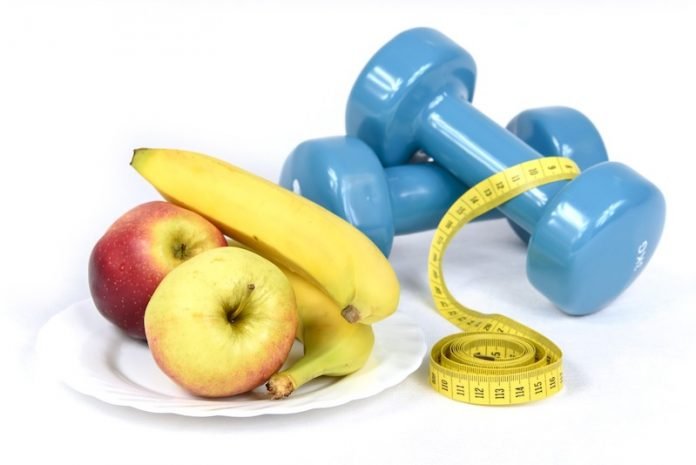
In a new study, researchers found how bones can be harmed by calorie restriction, and particularly by the combination of exercise and calorie restriction.
The research was conducted by a team from the University of North Carolina Health Care.
Previous studies have shown that exercise paired with a normal calorie diet, and even a high-calorie diet, is good for bone health.
But this study shows this isn’t true for exercise along with a calorie-restricted diet.
Although fat in the bone is poorly understood, to date it is thought to be harmful to bones of mammals, including humans, because it makes bone weaker.
Less fat is usually an indication of better bone health. In obesity caused by excess calories, the amount of bone marrow fat is increased.
Exercise in both obese and normal-weight individuals decreased bone marrow fat and improved the density of bones.
In the study, the team looked at what happens to bone marrow fat and overall bone health when restricting calories.
They found in the combination of exercise and a low-calorie diet, mice lost weight but had an increase in bone marrow fat.
This group also had a decrease in bone quantity. they had less bone overall due to the cut in calories.
The team says instead of making bones more robust, exercise made bones more fragile when paired with calorie restriction.
For context in humans, according to the United States Department of Agriculture (USDA), a ‘moderately active’ woman around the age of 30 should consume 2,000 calories per day.
A 30 percent reduction would equal a diet of 1,400 calories per day, which is around the amount suggested to most women trying to lose weight at a rate of one pound a week.
The researchers say that looking at this finding from a human perspective, even a lower calorie diet that is very nutritionally sound can have negative effects on bone health, especially paired with exercise.
This is important for women to consider because as we age our bone health starts to naturally decline.
The calorie intake and exercise routine can have a great impact on the strength of bones and the risk for break or fracture.
One author of the study is Maya Styner, MD, associate professor of medicine.
The study is published in the Journal of Bone and Mineral Research.
Copyright © 2019 Knowridge Science Report. All rights reserved.



